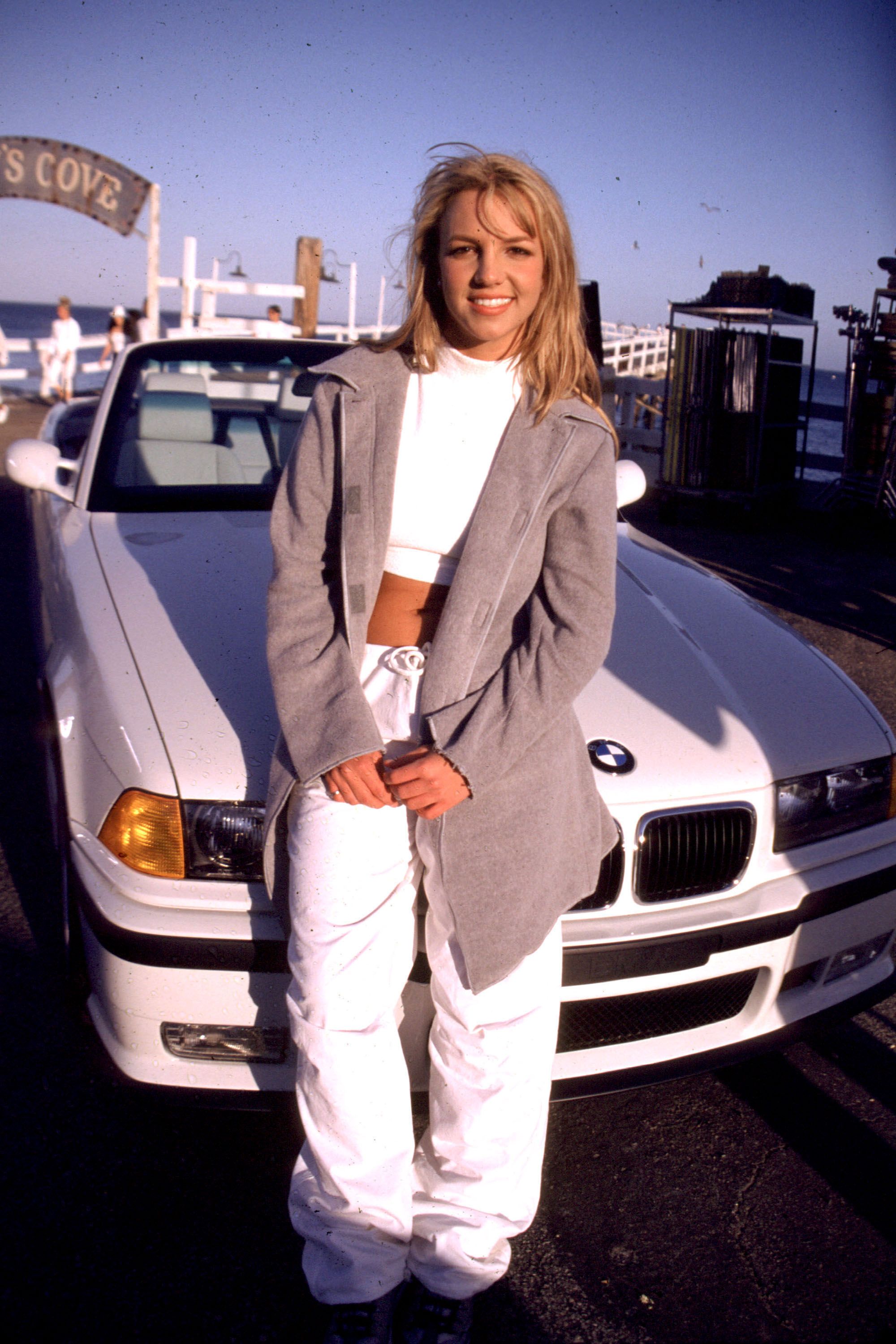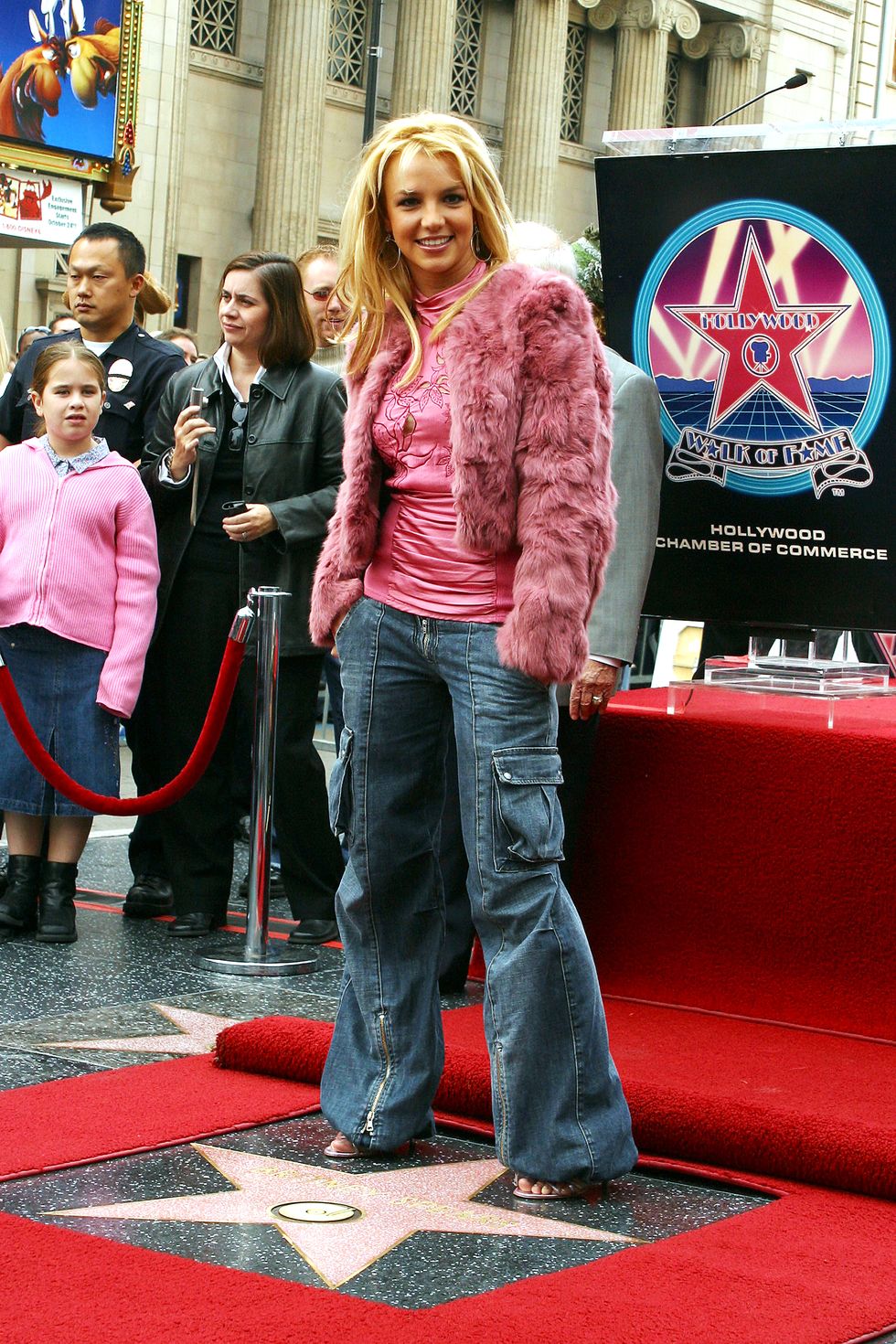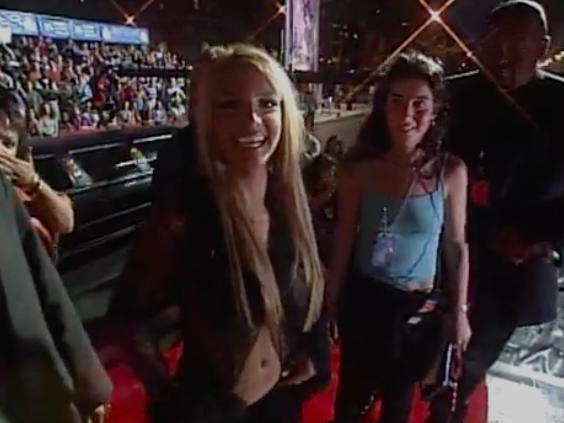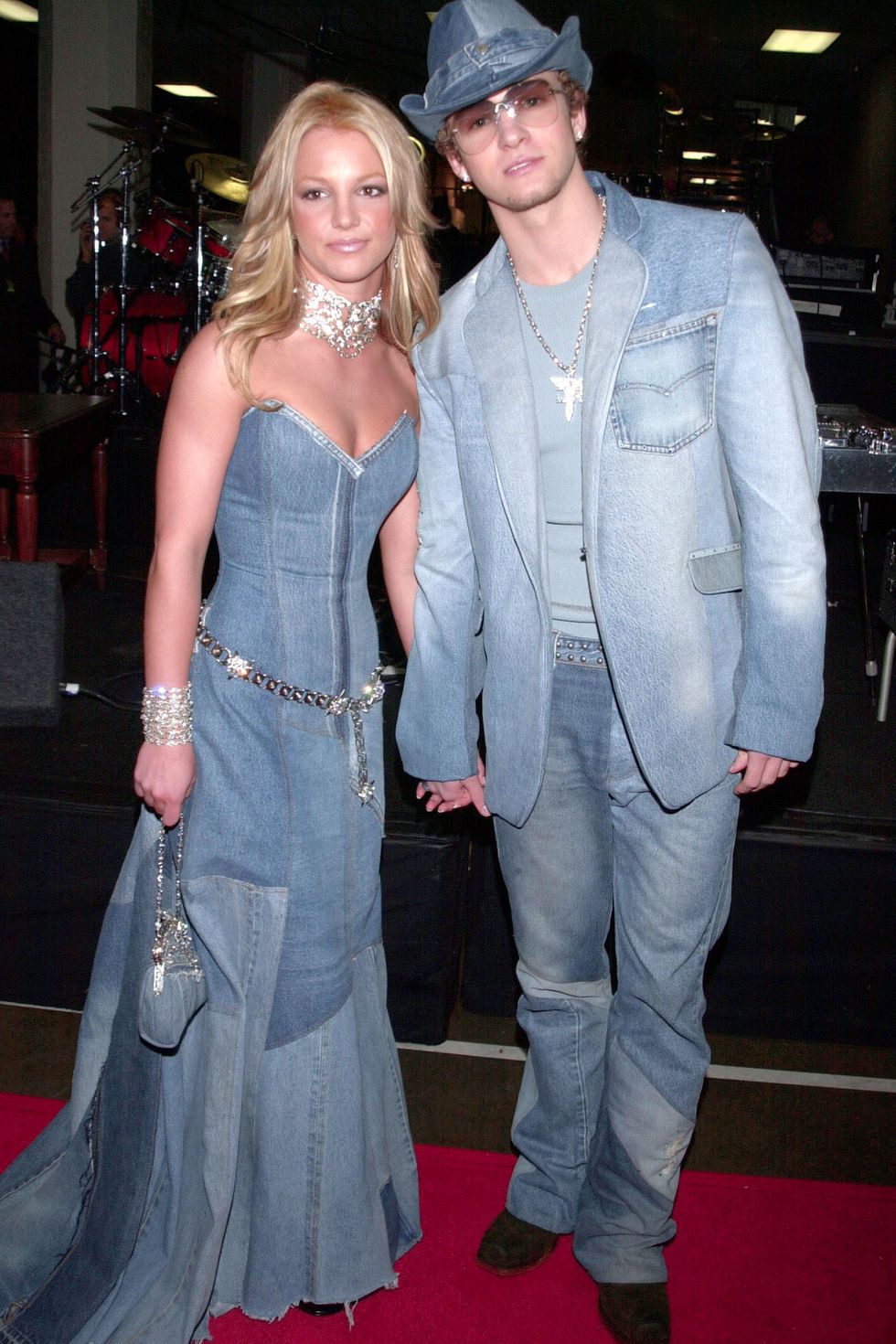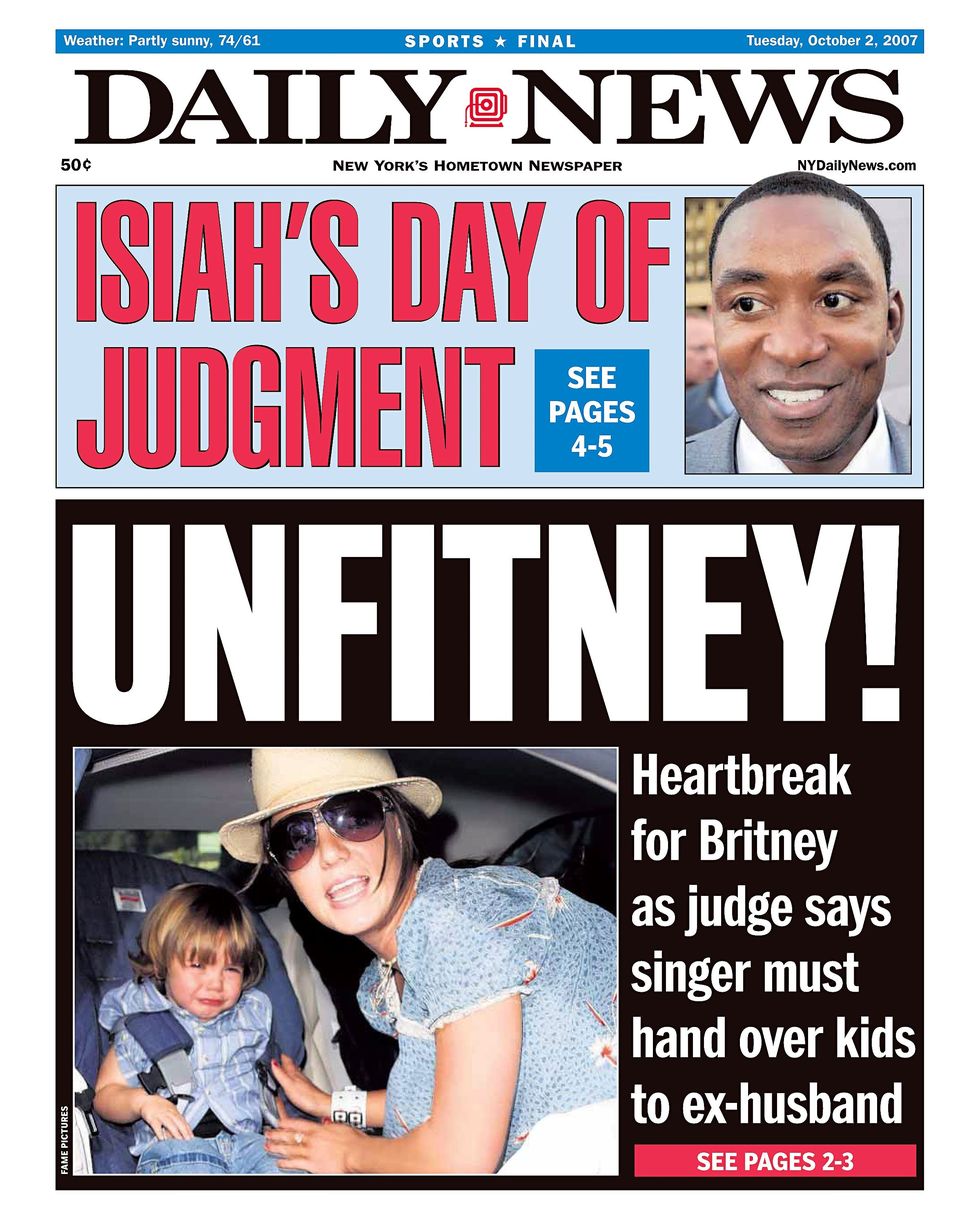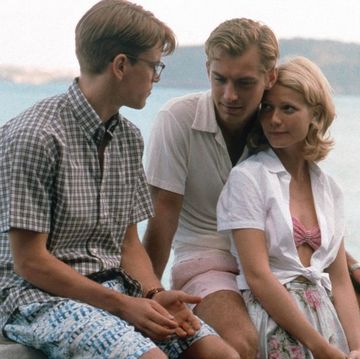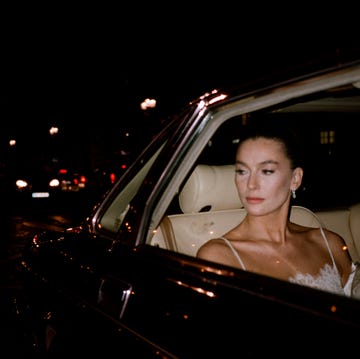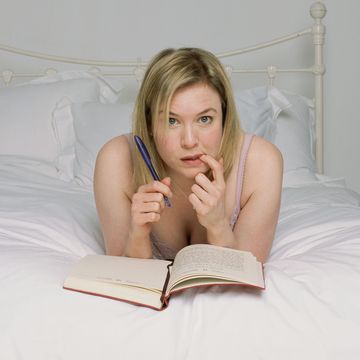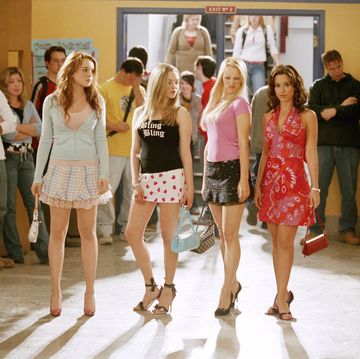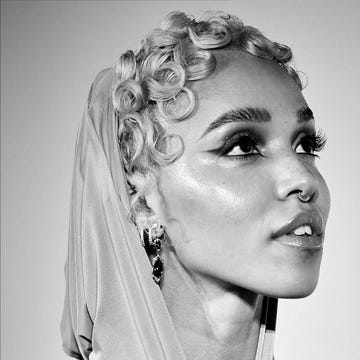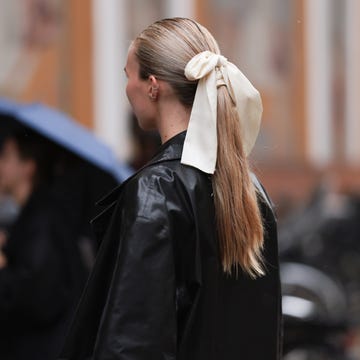“That’s really sad that she said that. Eww.” This was Britney Spears’ response during a 2003 interview, when it was revealed that the wife of the Maryland governor had publicly declared she wanted to shoot her. The interviewer continues, not, as you may expect, sharing Britney’s horror, but pressing her on the clothes she wears, the image she sets for youngsters, the abandonment of her no sex before marriage stance; why, in fact, she may be worthy of shooting. Britney, then aged 21, bursts into tears.
This is just one harrowing snippet from Framing Britney Spears, The New York Times’ documentary which premiered in the states over the weekend. Billed as a deep dive into the knotty reality of Spears’ controversial legal conservatorship under her father, and a look at the subsequent #FreeBritney campaign, it is not just this murky potential exploitation she finds herself entrapped in that horrifies. It is, in fact, everything that leads up to that. It’s the media coverage before and around her public breakdown. It is how that breakdown was reported. And then, most uncomfortable of all, it’s us.
We idolised Britney as pop teen royalty and then just as gleefully watched as she unravelled before our eyes, shaved her head and smashed up a car with an umbrella. Even now, her agony has become a ‘If Britney can survive 2007, you can get through today’ slogan you can buy on mugs and T-shirts. Even now, her misery is our entertainment.
This is the disquieting reality of the Framing Britney documentary - how complicit you feel afterwards. In building the bricks of Britney’s story chronologically, from sweet small town Louisiana girl through megawatt stardom down to global punchline, it is palpably eerie how obvious her maltreatment was, even from the beginning. You are left wondering how you never noticed it. In her first TV appearance, where she belts out a song with a voice that belies her age, host Ed McMahon decides to ask only if she has a boyfriend. Tellingly, 11-year-old Britney replies; "No, they’re mean."
When she breaks into stardom, the coverage focuses on her short skirts, the schoolgirl outfits, the crop tops and, in one interview, literally an entire question about her breasts ("I have to ask, everyone is talking about them.") One journalist asks her if she is a virgin during a press conference and she actually thanks him for his question before explaining that she wants to wait for marriage. Then, when her very public break-up with Justin Timberlake reveals – through the crass candidness of Timberlake on a radio show - that she did indeed have sex with him, this too is plastered over the press. Britney is reviled for it - a governor’s wife is even out for her blood. Justin Timberlake is revered as the god who deflowered the pop queen and, as one magazine coverline says, "at least he got into Britney’s pants".
From then on, the narrative becomes crueller. Britney is now the fallen woman no thanks to the version of events created and promoted by her ex; the bad influence those mothers always knew she was. Meanwhile, Timberlake focuses on his ensuing solo success, even using a Britney lookalike in one of his videos. Her marriage to Kevin Federline is scornfully handled, her parenting is criticised to such a degree she is forced to answer questions during live TV interviews on whether she is a bad mother. During this period, a throwaway comment is repeated by a source in the documentary, that came from Britney’s mother, Lynne Spears. She believed her daughter was suffering from post-natal depression. With that information in mind, you watch this young woman struggling to take her baby out of a car while a horde of paparazzi crowd her, yell at her and berate her, and wonder how this was ever allowed to happen.
"Is it your wish that the photographers would leave you alone?" asks one interviewer, the very same who has, moments before, questioned her parenting.
"Yes," Britney nods, and bursts into tears. She is heavily pregnant with her second son at the time.
We see this swelling mob around her at her worst moments. Heading to legal proceedings about gaining custody of her children during her divorce from Federline or, at one crucial moment, trying to see her children as Federline refuses to allow Britney access. This latter moment is the context for the now infamous umbrella shot. The photographer who took it is interviewed in the documentary. You see her crying in her car, begging them to leave her alone, and then she snaps.
"Did you ever think she just wanted you to leave her alone?" the documentary director asks the paparazzo whose car she infamously smashed.
"No."
"Not even when she told you to?"
Watching this, you are willing Britney to grab the umbrella. The whole documentary seems to build to this moment: the shaved head that seems a middle finger to the press, the rage of a woman who simply cannot take this level of harassment anymore - it’s a pressure valve about to explode. By that moment, you think; she should be a hero, not a punchline.
Yet the documentary reveals just how influenced we were by this coverage, how readily we lapped up the narrative of her fall from grace, without ever questioning what caused it, or how subjective this ‘grace’ even was. You realise we never really questioned her mental health or sympathised with her struggles, simply accepting that she was having a ‘breakdown’ without ever questioning what this meant or, crucially, what caused it, instead treating her mental wellbeing as car-crash TV.
Framing Britney shows that the legal conservatorship which followed these moments, and which is still in place, is a shocking and suspiciously exploitative reality for Britney, who is still effectively controlled by her father. Yet, we leave the documentary feeling regretful for never stopping to question how a woman could have reached this point. How we ever allowed the little girl we all worshipped to get so ruthlessly chewed up and spat out. How we all sat back and watched.
It is easy, with hindsight, to gasp and feel this would never happen today, and yet in many ways it still does. Think of the cruel and pointed bile which often typifies coverage of the Duchess of Sussex. Think of the headlines which dragged Caroline Flack before her suicide. Think of the yo-yo of praise and condemnation that stars like Taylor Swift suffer. Notice how none of this bizarre, intrusive and often shockingly personal public interrogation is levied at male celebrities. This is the twisted reality of women in the spotlight, held to an impossible double standard, destined to forever be publicly mauled like Britney, never celebrated like Justin. By the end you ask yourself, what is #FreeBritney really about? Should we be freeing her from her father, or from us?
Framing Britney Spears is available on Sky Documentaries from 9pm on 16 February or with a NOW TV Entertainment Pass for £9.99 a month. A 7-day free trial is available for new users.
In need of some at-home inspiration? Sign up to our free weekly newsletter for skincare and self-care, the latest cultural hits to read and download, and the little luxuries that make staying in so much more satisfying.
Plus, sign up here to get Harper’s Bazaar magazine delivered straight to your door.
